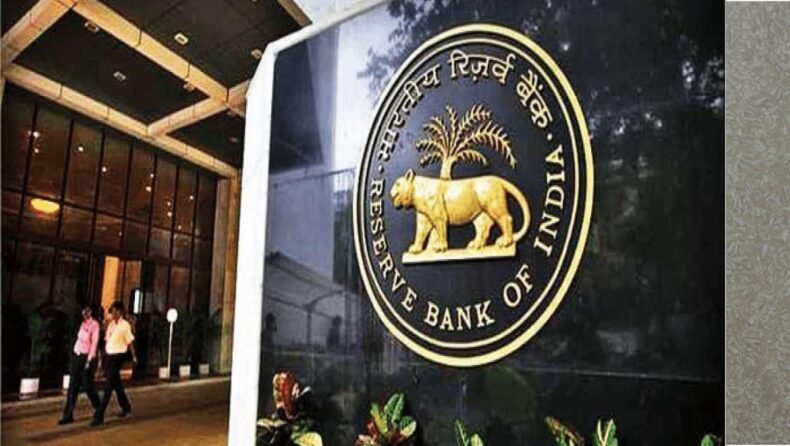The Reserve Bank of India (RBI) is India’s central bank and statutory body. It is in charge of printing currency notes and serving as custodian for other primary banks. In April 1934, the Hilton-Yong Commission, also known as the Royal Commission on Indian currency and finance, recommended that the RBI be established. The establishment of the RBI was primarily motivated by the desire to provide additional banking services and separate the government’s control of the currency. The RBI governor, who is appointed by the central government of India, is in charge of directing the institution’s operations and is the RBI’s primary decision-maker.
The Reserve Bank of India (RBI) is India’s primary economic engine, following the Central Government of India and the Ministry of Finance. The RBI provides its services to other Indian commercial banks, which in turn offer netizens banking services. Additionally, Indians have access to a safe and secure banking infrastructure through the RBI. The RBI tries to keep the repo rate as low as possible to ensure that the market has sufficient cash flow and encourages more investment in development projects. In order to attract more FDI (Foreign Direct Investment), RBI collaborates with the Indian central government to facilitate international trade. On Friday, Governor Shaktikanta Das stated that the Reserve Bank is contemplating using the “expected loss” method for loan provisioning.
On Friday, Governor Shaktikanta Das stated that the Reserve Bank is contemplating using the “expected loss” method for loan provisioning. Currently, the banks employ the “incurred loss” strategy, in which funds are saved when an asset fails. Das said that the transition that was being considered was a “more prudent and forward-looking approach” and that a discussion paper would soon be out for stakeholders to comment on.
Following the announcement of the bimonthly policy review, the Governor stated, “We will release a discussion paper on ‘expected loss-based approach’ for loan loss provisioning by banks.”He stated that making provisions or putting money aside for potential losses is a globally recognized prudential practice. Since 2018, larger non-bank lenders have already been provisioning with the expected loss method. The expected loss strategy was also expected to be used by banks in 2018, but it had not been implemented due to pending changes to the Banking Regulation Act.
In the meantime, Das also made the announcement that the RBI will, in September 2021, publish a second discussion paper on a revised framework for the securitization of stressed assets.”A framework for the securitization of stressed assets has been decided upon. According to Assocham Secretary General Deepak Sood, the RBI Governor stated that the twin positives of increased demand and supply would guarantee a sustainable growth rate of 7%. Sanjiv Mehta, president of Ficci, stated that although the beginning of the festive season in India will provide some impetus to demand, maintaining that momentum as we enter the following year may be difficult, and this aspect will need to be incorporated into the process of preparing the budget.
“In addition to the existing ARC (asset reconstruction companies) route, this will provide an alternative mechanism for securitizing NPAs,” Das stated. The expected loss strategy was also expected to be used by banks in 2018, but it had not been implemented due to pending changes to the Banking Regulation Act. In the meantime, Das also made the announcement that the RBI will, in September 2021, publish a second discussion paper on a revised framework for the securitization of stressed assets.”A framework for the securitization of stressed assets has been decided upon.
“In addition to the existing ARC (asset reconstruction companies) route, this will provide an alternative mechanism for securitizing NPAs,” Das stated. India Inc. stated on Friday that businesses will need to be prepared to deal with continued stress in commodity prices in the near to medium term as the RBI maintains its inflation projection for the current fiscal year. Despite global geopolitical developments brought on by the Russia-Ukraine war, the Reserve Bank maintained its 6.7% inflation projection for the current fiscal year. Shaktikanta Das, governor of the RBI, stated that domestic inflation has a significant impact on the global economy. The Reserve Bank of India (RBI) anticipates retail inflation of 7.1% in the September quarter of 2022-23.
Read More: ST quota increased to 10% in Telangana, orders issued












